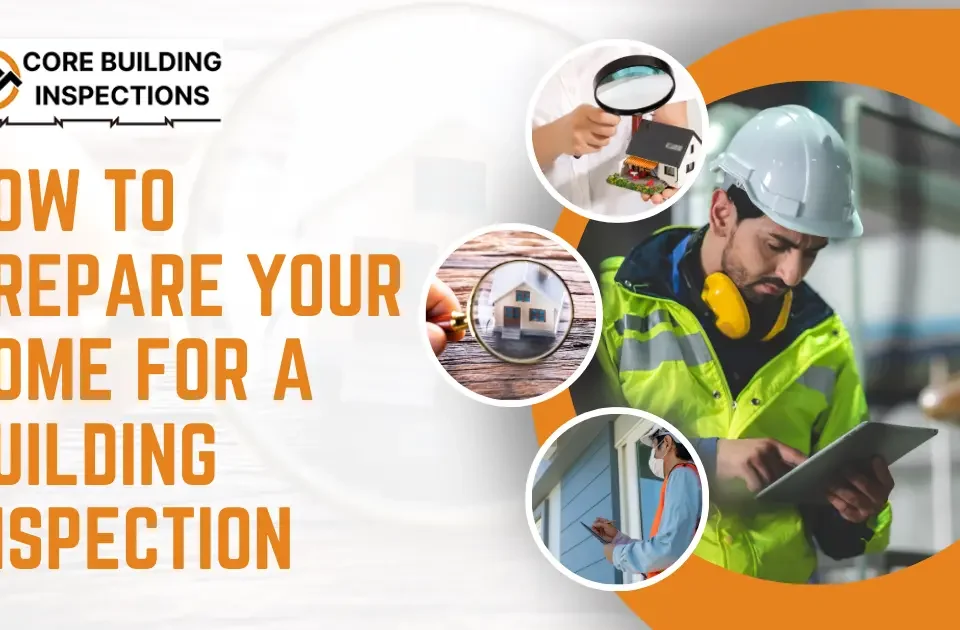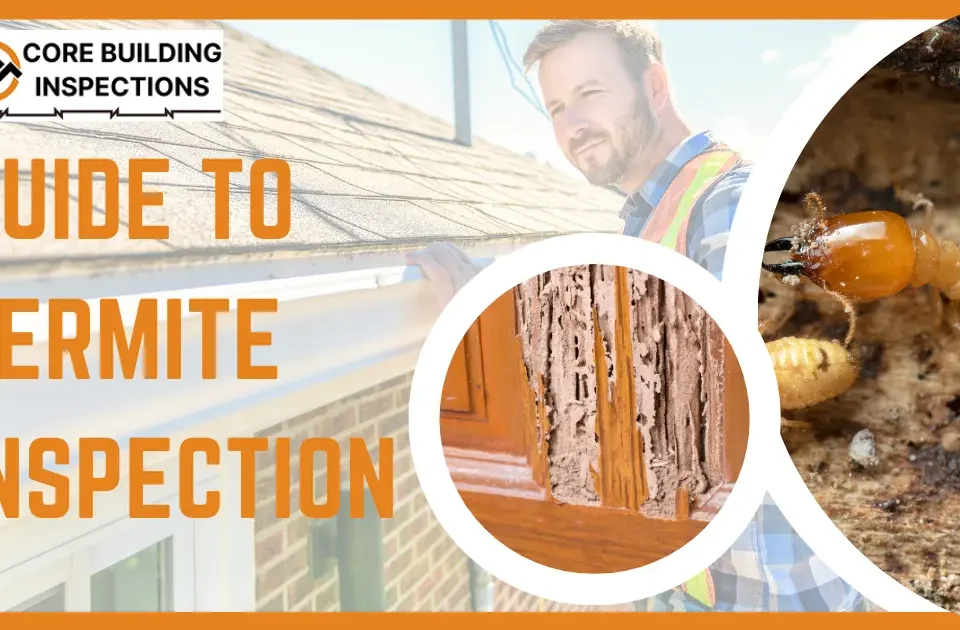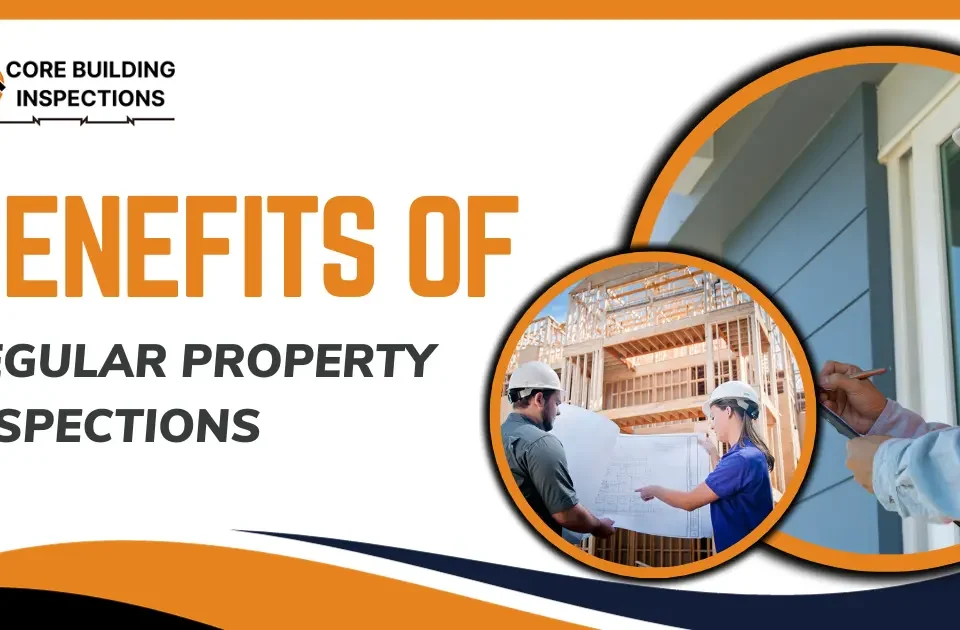Mold Inspection and Remediation: A Comprehensive Guide

Common Signs of Termite Damage in Homes
September 7, 2023
8 Pest Prevention Tips for New Homeowners
October 4, 2023Mold is a common problem that many homeowners and property owners face. It can grow quickly in moist and humid environments, and if left unchecked, it can cause significant damage to both your property and your health. Mold can lead to a variety of health issues, including allergies, respiratory problems, and more. In this comprehensive guide, we will delve into the world of mold inspection and remediation, covering everything from the importance of mold testing to the cost of professional services and the benefits of hiring a certified mold inspector. Whether you are a homeowner or a property manager, this guide will equip you with the knowledge you need to tackle mold issues effectively.
Understanding Mold
Before we dive into the world of mold inspection and remediation, it’s essential to understand what mold is and why it’s a concern. Mold is a type of fungus that can grow indoors and outdoors. It thrives in damp, humid conditions and spreads by releasing tiny spores into the air. These spores can settle on surfaces and begin to grow when moisture is present.
Mold can take on various colors and textures, including black, green, or fuzzy white patches. While some types of mold are relatively harmless, others, such as black mold (Stachybotrys chartarum), can be toxic and pose severe health risks.
The Importance of Mold Testing
Mold testing is a crucial step in addressing mold problems effectively. Testing helps identify the type of mold present, its concentration, and the extent of the contamination. There are several methods for mold testing, including air sampling, surface sampling, and bulk sampling. Here’s why mold testing is so vital:
Identification of Mold Species: Different mold species require different remediation approaches. Testing helps determine which type of mold you’re dealing with, allowing for targeted treatment.
Assessment of Mold Concentration: Testing provides data on the concentration of mold spores in the air or on surfaces. High concentrations may indicate a severe mold problem that requires immediate attention.
Mold testing establishes a baseline for assessing the effectiveness of mold remediation efforts. After remediation, testing can confirm that mold levels have been reduced to acceptable levels.
Mold Inspection Cost
The cost of mold inspection can vary depending on several factors, including the size of the property, the extent of the mold problem, and your location. On average, homeowners can expect to pay between $300 and $1,000 for a professional mold inspection. However, keep in mind that this cost can increase if extensive testing or remediation is needed.
Factors that influence mold inspection costs include:
Property Size: Larger properties typically require more time and resources for inspection, leading to higher costs.
The extent of Mold: If mold is widespread and requires more testing and sampling, the inspection cost will be higher.
Location: Mold inspection costs can vary by region, with higher costs in areas with a higher cost of living.
Type of Testing: Different types of testing, such as air sampling or surface sampling, come with different costs.
While the upfront cost of mold inspection may seem high, it’s a worthwhile investment in protecting your property and health. Identifying and addressing mold issues early can save you money in the long run by preventing more extensive damage.
Professional Mold Testing and Inspection
When it comes to mold testing and inspection, hiring a professional is often the best choice. Certified mold inspectors have the knowledge, experience, and equipment necessary to conduct thorough assessments. Here are the benefits of hiring a professional mold specialist:
Expertise: Certified mold inspectors have extensive training in mold identification, sampling, and remediation. They can accurately assess the severity of the problem.
Safety: Mold inspection can be hazardous due to potential exposure to mold spores. Professionals have the proper protective gear and know how to minimize risks.
Accurate Results: Professionals use specialized equipment and techniques to ensure accurate testing results, helping you make informed decisions.
Customized Remediation Plans: Based on their findings, mold inspectors can recommend tailored remediation plans to address your specific mold problem.
Peace of Mind: Hiring a professional gives you peace of mind, knowing that your mold issue is being handled by experts who follow industry standards.
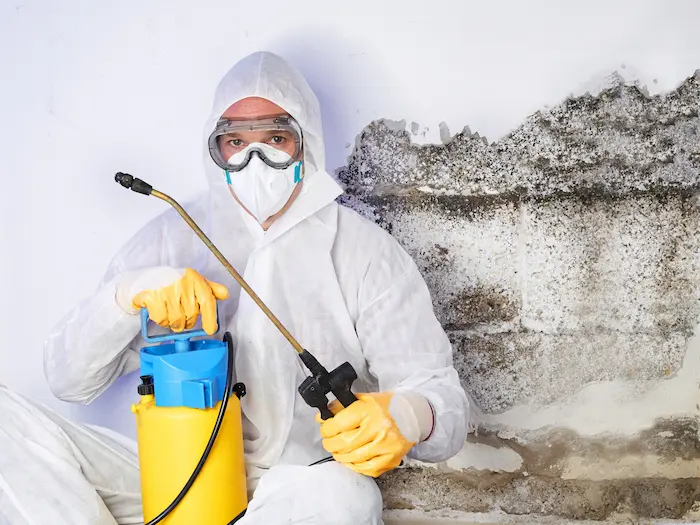
Mold Inspection & Testing Process
The mold inspection and testing process typically follows these steps:
Initial Assessment: The inspector will start by assessing the property, looking for visible signs of mold and areas with moisture problems.
Sampling: Depending on the situation, the inspector may collect air, surface, or bulk samples for testing.
Laboratory Analysis: Samples are sent to a laboratory for analysis, where the type and concentration of mold are determined.
Detailed Report: The inspector provides a detailed report of their findings, including recommendations for remediation if necessary.
Remediation Plan: If mold is present, the inspector may recommend a remediation plan or refer you to a mold remediation specialist.
Post-Remediation Testing: After remediation, testing may be conducted to ensure that mold levels have been reduced to acceptable levels.
Mold Remediation
Once mold has been identified through testing, the next step is mold remediation, which involves removing or cleaning the mold-infested materials. Here are some key points about mold remediation:
Professional Remediation: For extensive mold infestations or toxic mold types like black mold, it’s crucial to hire a professional mold remediation specialist. They have the necessary tools and expertise to safely and effectively remove mold.
Containment: During remediation, containment measures are employed to prevent mold spores from spreading to unaffected areas. This includes sealing off the contaminated area and using negative air pressure machines.
Removal of Mold-Infested Materials: Mold can grow on porous materials like drywall and insulation. In many cases, these materials must be removed and replaced.
Cleaning and Disinfection: Non-porous surfaces can often be cleaned and disinfected to remove mold. Specialized cleaning agents are used to kill mold and prevent its return.
Preventing Future Mold Growth: Identifying and addressing the source of moisture that allows mold to grow is essential to prevent future infestations.
Mold Detection and Prevention
Preventing mold growth is just as important as addressing existing mold problems. Here are some tips for mold detection and prevention:
Control Moisture: Mold thrives in damp environments. Address any water leaks or sources of moisture promptly.
Proper Ventilation: Ensure good ventilation in areas prone to humidity, such as bathrooms and kitchens, to reduce moisture buildup.
Use Dehumidifiers: Dehumidifiers can help maintain the humidity level in your home at an optimal range to prevent mold growth.
Regular Inspections: Conduct regular visual inspections of your property to catch mold problems early.
Prompt Repairs: Repair any leaks, roof damage, or plumbing issues as soon as they are discovered to prevent moisture buildup.
Keep Surfaces Clean: Regularly clean and disinfect areas prone to mold growth, such as bathrooms and basements.
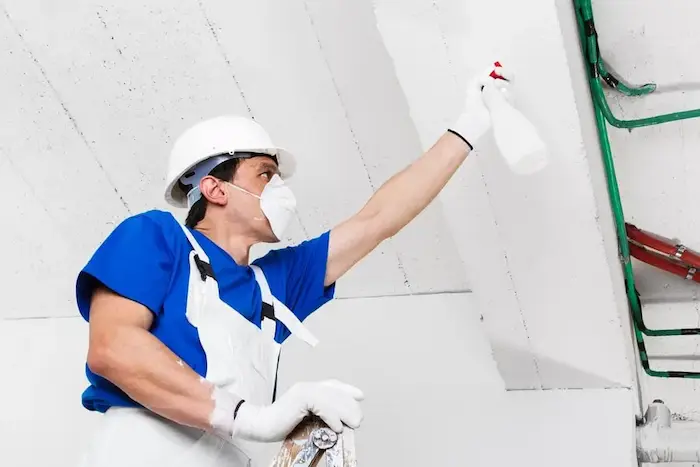
Certified Mold Inspector: Why It Matters
Hiring a certified mold inspector is a wise decision for several reasons:
Expertise and Training: Certified inspectors undergo rigorous training and must pass examinations to earn their certification. They are well-versed in mold detection, testing, and remediation techniques.
Industry Knowledge: Certified inspectors stay up-to-date with the latest industry standards and best practices.
Accurate Assessment: Their expertise ensures accurate mold assessments, helping you make informed decisions.
Insurance and Liability: Many insurance companies prefer or require inspections conducted by certified professionals.
Peace of Mind: Knowing that a certified expert is handling your mold issue provides peace of mind that the problem will be addressed correctly.
Conclusion
Mold inspection and remediation are crucial steps in maintaining a safe and healthy indoor environment. Whether you’re dealing with visible mold growth or suspect hidden mold issues, professional mold testing and inspection are essential. While there is a cost involved, the long-term benefits of early detection and effective remediation far outweigh the expense. Remember, the key to mold control is moisture control. Regular inspections, preventive measures, and the expertise of certified mold inspectors can help you safeguard your property and your health from the harmful effects of mold. Don’t hesitate to take action and ensure a mold-free living environment for yourself and your loved ones.


